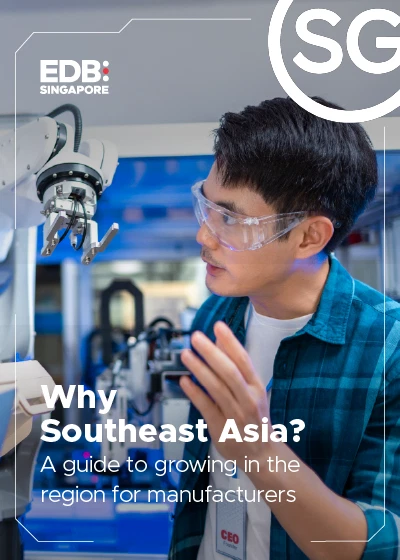Applied Materials (AM), one of the world’s top suppliers of machines that make semiconductors, plans to double its Singapore manufacturing capacity, headcount, and research activities in the coming years.
The US company will soon announce the expansion of one of its innovation centres here that focuses on advanced packaging of semiconductors – the integration of a multitude of components into a single package to enhance performance and power efficiency without a significant increase in the size and cost of the product.
AM is already one of the largest employers and contributors in the output of Singapore’s semiconductor equipment industry, which has a global market share of 20 per cent.
Singapore is also its Southeast Asia headquarters.
Earlier this year, the company’s new S$600 million plant in Tampines Industrial Crescent started operations. The new plant will employ 1,000 staff once it is fully functional.
“We have a significant manufacturing, supply chain and R&D footprint here in Singapore,” said Mr Gary Dickerson, president and chief executive of the Santa Clara, California-based company.
“We have over 2,500 employees here in Singapore today, and I believe there is a great opportunity for us to more than double the size of Applied Materials and create many great jobs here,” he told The Straits Times in an interview at the company’s office in Changi North Industrial Estate.








